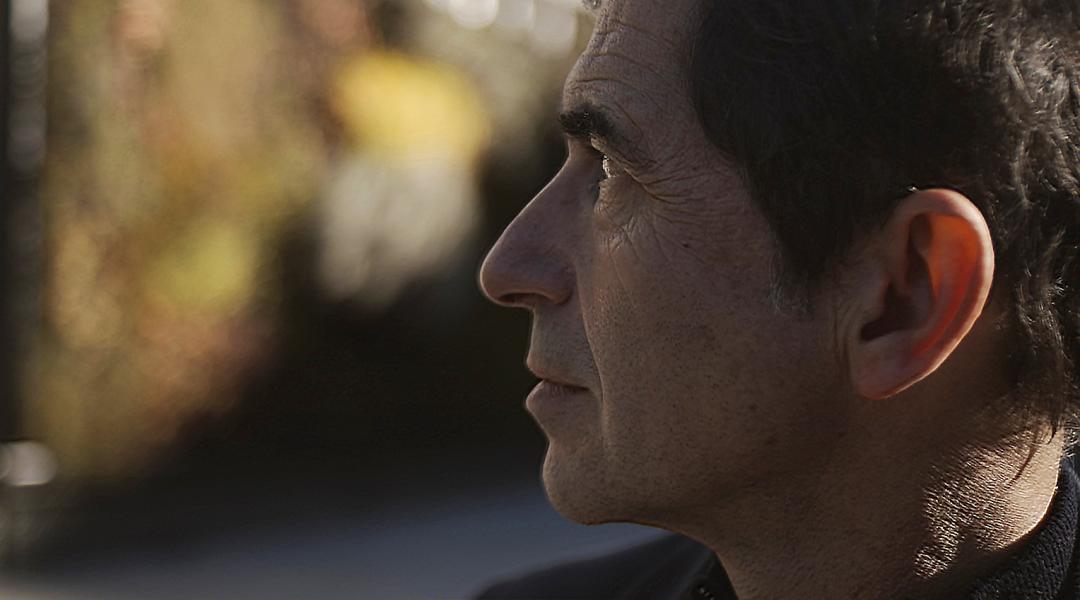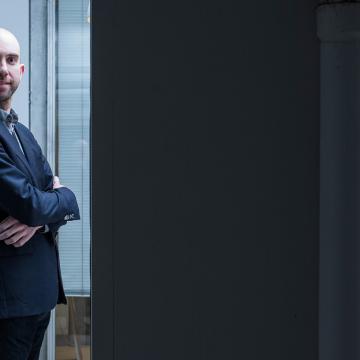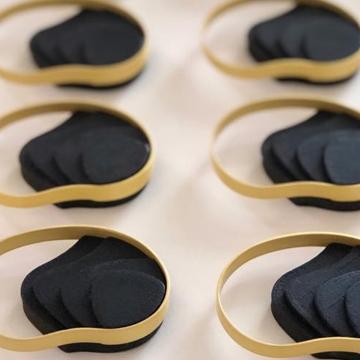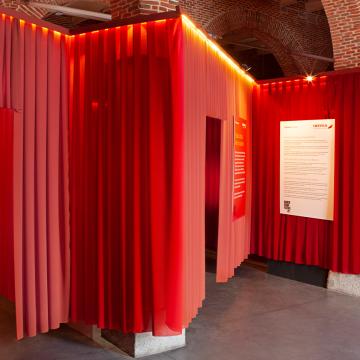The Audience Award, sponsored by Iberia since 2015, has become the perfect leadup to the Platino Awards. With their votes, spectators choose their favourite films, series, actors, and actresses.

Putting innovation at the service of the Sustainable Development Goals is one of the great challenges that faces Carlos Mataix, director of the Centre for Innovation in Technologies for Human Development at the Polytechnic University of Madrid. What’s at stake? A new inclusive, prosperous and sustainable future.
Carlos Mataix (Madrid, 1966) welcomes us on a sunny winter’s morning at the Centre for Innovation in Technologies for Human Development of the Polytechnic University of Madrid (idtUPM) —an institution he directs and a meeting place for those who are working towards a better future. A researcher, professor and one of the most recognized Spanish experts on Sustainability, Mataix is also a Doctor in Organizational Engineering, a field that, to say the least, arouses curiosity. “When I thought about how to contribute to changing the world, I knew that first you have to understand it. This discipline helps us understand, for example, what happens when we flip a switch and the light turns on, or how it is possible for hundreds of planes to land in Barajas airport... commonplace things”.
Mataix affirms that innovation is the result of connecting the improbable, and that is precisely what is proposed daily in this centre that brings together hundreds of researchers, teachers and students. Its objective? To promote the Sustainable Development Goals (SDGs), set in motion by the United Nations in the environmental, social, and economic spheres. The idtUPM's mission is to create a cooperation network between the public and private spheres that can generate synergies and becoming a neutral, diverse, and symmetrical space to advance towards sustainability. An environment of deep, generous collaboration and, of course, of trust between each other to advance towards a common goal: “To avoid a very probable collapse, we must act differently. We must combine the best of competitiveness that we have learned in recent decades with practices of collaboration and empathy that are related to our human condition.” In short, it is about designing a new world by and for everyone.
“The need for a more inclusive, more prosperous society is an obligation for us all”
Weaving such a complex collaboration network with so many actors involved is not always easy: “We often start things with a lot of momentum. Ramón y Cajal called it horse starts, but in this process we also have sudden donkey stops. Partnership between diverse organizations and knowledge requires attention, patience and, above all, continuity”, the director tells us. That is why at idtUPM, where innovation plays an essential role, there is a human team specially prepared for these three things to happen at the same time. Not only technological innovation —as we normally understand it— but also financial, public, and social innovation. The complicated thing is to make all of them happen harmoniously and simultaneously move towards a more inclusive, prosperous, and sustainable society.
The future of sustainable mobility, closer every day
To achieve this, Carlos Mataix firmly believes that sustainability can and should be applied to all areas of our lives, including the way we move. And everyone, from the business world and the public sphere to a personal level, is called upon to make better decisions regarding mobility: “Sustainable mobility implies a change of mentality. We need to keep traveling to discover other places, other societies, other cultures. But we can also discover how wonderful it is to wander around our own city.”
“We are all called to make better decisions to promote sustainable mobility”
With the aim of promoting this innovative change in terms of mobility, Iberia and the Polytechnic University of Madrid launched the Iberia Chair which, for several years, has sought to accelerate the change towards more sustainable air transport. The company has been a pioneer in the sector when it comes to committing to the decarbonization of all its operations and this Chair, directed by Mataix, leads research projects on new materials that lighten aircraft, sustainable fuels, that reduce CO2 emissions —a step prior to hydrogen aircraft— and the improvement of waste management systems to make them more efficient and generate less environmental impact, among other initiatives. Research is the basis for the evolution of the aviation sector and the Chair seeks to unite research, teaching, and student talent from the university sphere with a business element, thus generating real change at a social, environmental and also at an economic level.
Spanish talent at the forefront of scientific production
Initiatives like this demonstrate that Spanish scientific talent, as well as our ability to attract it. Spain continues to lead the world rankings in scientific production, and there are many Iberoamerican experts and professionals who seek to develop their careers in our country. But we have a pending issue, and it’s what Mataix calls talent crushers: “Not being able to welcome the transformative energy of many young people from North Africa who want to reach Europe; letting our students spend hours and hours in a classroom without giving them the opportunity to be creative and channel their curiosity; favour toxic business environments where unhealthy competition prevails, and we do not promote the best in people. These are talent crushers that are damaging our economy.”
“Talent is the ability to see and imagine new possibilities and not be afraid to face the status of things”
In Mataix’s opinion, a fundamental characteristic to identify talent is its ability to ask why something is working in one way or another, question it and then try to change it: “Talent is the ability to see and imagine new possibilities and not be afraid of confronting the status of things”. He urges us to create the conditions for talent to develop and also have a quick and effective translation into people’s lives. Our future depends on it.
- PhD in Organizational Engineering and expert in innovation and alliances in the field of development and sustainability.
- Professor at the Department of Organizational Engineering at the Polytechnic University of Madrid (UPM).
- Director of the Centre for Innovation in Technology for Human Development of the same University (itdUPM), a space that integrates researchers, professors and students working in collaboration with companies, civil society organizations and the Public Administration to address significant social problems and co-create solutions in line with the United Nations SDGs.
- In 2008 he joined the Cabinet of the director of the Spanish Agency for International Development Cooperation (AECID), with the aim of starting up the Planning and Quality Unit and has continued since then as an expert advisor to the cooperation council.
- Co-founder of Engineering Without Borders (Ingeniería sin Frontera) and vice president of the NGO Coordinator for Development Spain, also participating as a counselor and advisor in various Spanish and international social organizations.
- He is one of the promoters of Alianza Shire, an innovation platform that researches and applies sustainable solutions to improve access and quality of energy services in refugee camps.
- He is director of business chairs and advisor to business foundations, such as the Carasso Foundation, the Cotec Foundation or the Spanish Network for Sustainable Development (REDS).
- Visiting professor at the Institute of Development Studies (IDS), in 2013, and at the Science Policy Research Unit (SPRU), in 2016, both at the University of Sussex.


